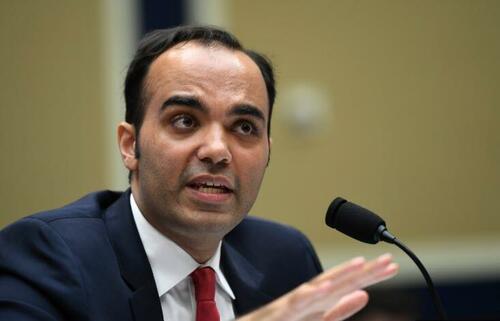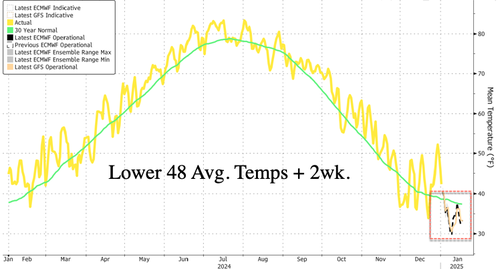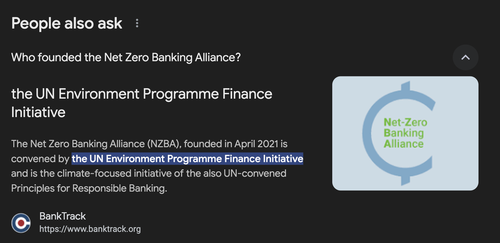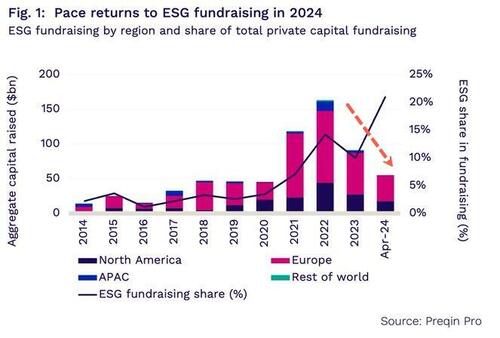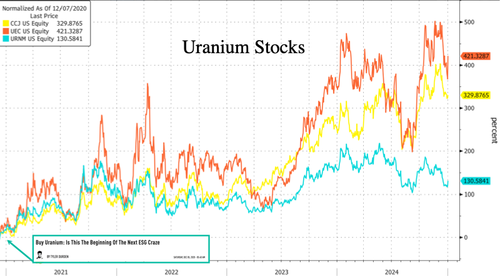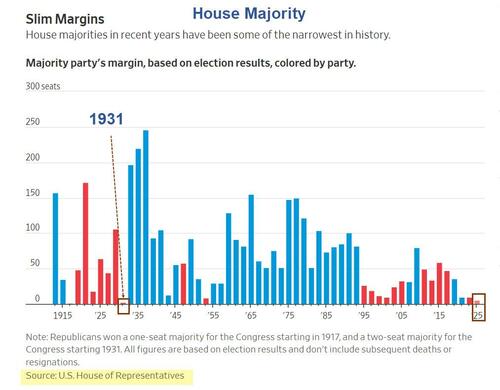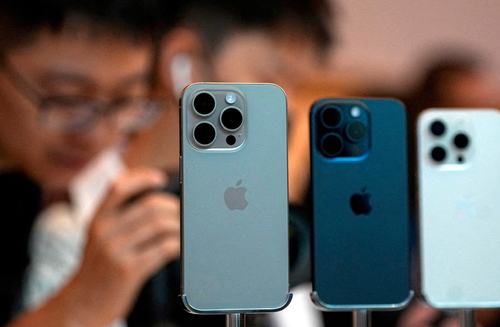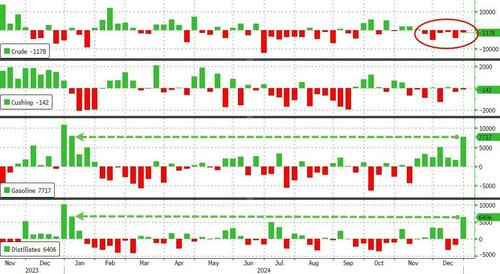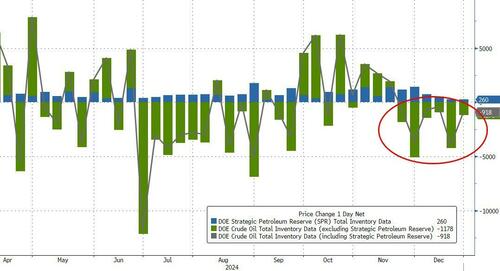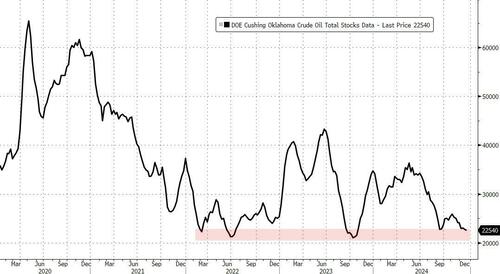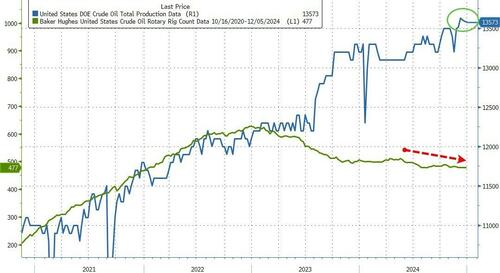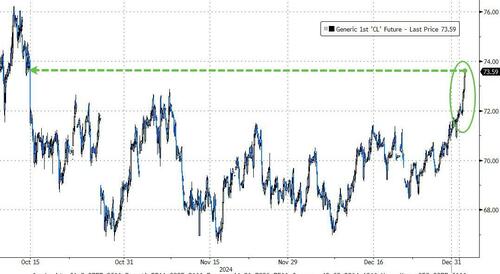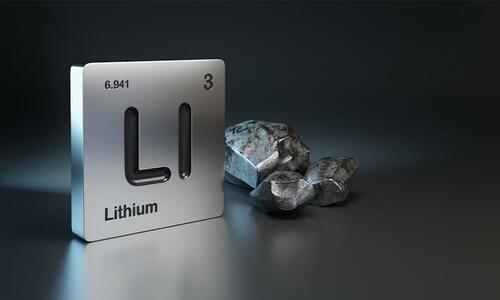
Lithium is best known as a medication for treating bipolar disorder, where it’s used in higher doses to stabilize mood and reduce the risk of suicide. But now, researchers are uncovering evidence that this humble mineral may offer benefits far beyond mental health – at doses much smaller than those used in traditional therapies. A 2023 study from Brock University explored these possibilities in depth.
Before we continue – yes, we sell low-dose lithium in a product called Mood from IQ Biologix. We take it. It works – really well. Whether or not you give it a try, please read on as the findings from the above study are legit, and this naturally occurring mineral can be a great alternative to prescription drugs for a variety of needs. If you’re into studies, we encourage you to read it.
Published in the peer-reviewed Current Neuropharmacology, the findings suggest lithium may play a huge role in some of the biggest health challenges of aging, including Alzheimer’s disease, osteoporosis, and type 2 diabetes.
Brain Health: Lithium’s Hidden Gift

Lithium’s connection to mental health is well established. It stabilizes mood by helping balance chemicals in the brain, like serotonin and dopamine, that influence how we feel and respond to stress. But according to the study, even tiny doses of lithium could protect the brain in other ways. One of the most promising applications is cognitive decline, including Alzheimer’s disease.
“Li is well-known to have multiple neuroprotective effects that can be used against Alzheimer’s Disease pathology. In fact, numerous studies in patients receiving Li for bipolar disorder have reported lower rates of dementias, including AD.” –Beyond Its Psychiatric Use: The Benefits of Low-Dose Lithium Supplementation, 2023
The researchers found that lithium inhibits glycogen synthase kinase 3 (GSK3), an enzyme linked to the buildup of harmful plaques and tangles in the brain. By reducing these toxic accumulations and boosting levels of a brain-supportive protein called BDNF, lithium may help preserve memory and cognitive function well into old age. The study also referenced ecological research showing that areas with higher levels of lithium in drinking water had lower death rates from Alzheimer’s disease [1, 2, 3]. While the exact reasons are still unclear, these findings point to lithium’s potential for maintaining brain health over time.
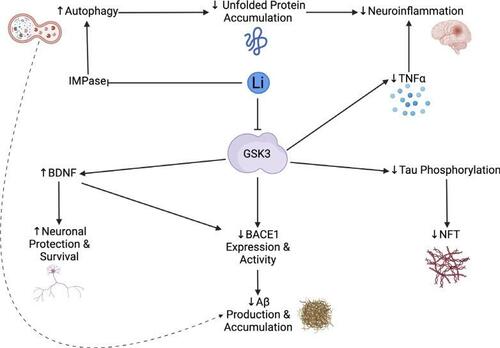
What about that famously fabricated research on the Amyloid Plaque hypothesis? That focused on a narrow subpopulation of amyloid beta oligomers – while the original hypothesis itself is alive and well. Current research suggests Alzheimer’s is a combination of amyloid plaque accumulation, misfolded proteins, neuroinflammation of Microglia cells (the brain’s primary immune cells), genetic factors, oxidative stress, mitochondrial dysfunction, synaptic loss, and cerebrovascular issues.
A Stronger Heart and Healthier Arteries
Lithium’s benefits don’t stop with the brain—it may also help keep your heart healthy. At low doses, the researchers found that lithium supports the heart’s ability to adapt to stress, helping it pump blood more effectively. It also protects blood vessels by reducing inflammation and preventing harmful plaque buildup, which can block circulation. However, the study highlighted an important consideration: while lithium’s short-term effects on the heart are positive, long-term use might carry risks under certain conditions. Prolonged GSK3 inhibition, for instance, could contribute to excessive heart muscle growth in specific scenarios, such as chronic stress on the heart. More research is needed to fully understand these potential effects.
Building Strong Bones and Maintaining Muscle
Aging often brings declines in bone strength and muscle mass, increasing the risk of fractures and mobility issues. The study found that lithium may counteract these changes by directly supporting bone and muscle health. In bones, the researchers showed that lithium activates pathways encouraging bone-forming cells, called osteoblasts, to work more effectively. This process increased bone density and improved fracture healing in animal models. In some cases, lithium even restored bone strength in fragile skeletons to levels seen in healthy controls.

For muscles, lithium was shown to enhance repair by promoting the fusion of muscle cells during regeneration. It also encouraged a shift toward fatigue-resistant muscle fibers, which could help preserve strength and mobility as we age, reducing the risk of falls and fractures.
Tackling Inflammation and Cellular Damage
As we get older, our bodies tend to experience more inflammation and damage from unstable molecules called free radicals. These issues, collectively referred to as oxidative stress, can lead to chronic diseases and accelerate aging. According to the study, lithium helps combat these issues in several ways. It reduces inflammation and supports a cellular “clean-up” process called autophagy, which clears out damaged proteins and debris. By enhancing these processes, lithium may help cells maintain their function and resilience over time.
Metabolism Support: Fighting Fat and Sugar Issues
Another surprising benefit of low-dose lithium is its potential role in preventing obesity and type 2 diabetes. While high doses of lithium can sometimes cause weight gain, the study found that smaller amounts may have the opposite effect. The researchers demonstrated that lithium helped convert white fat (which primarily stores energy) into beige fat, a more metabolically active type that burns calories. It also improved blood sugar control in animal studies, mimicking some of the effects of exercise. These findings suggest lithium may be a valuable tool in managing metabolic health.
“Of interest, we have recently shown, at the population level, trace levels of Li found in publicly available drinking water to be negatively associated with the prevalence of obesity and diabetes across the state of Texas.”
A New Chapter for Lithium
While the potential benefits of low-dose lithium are exciting, this is still an emerging field. Scientists, including Hamstra and her team, are working to determine the best ways to use lithium safely over the long term. What’s clear is that lithium—once seen only as a psychiatric medication—is revealing itself as a versatile and powerful mineral for overall health. From protecting the brain to strengthening the heart, bones, and muscles, this overlooked element may hold the key to staying healthier, longer. As researchers continue to explore lithium’s potential, it offers a glimpse of what the future of aging well could look like. For now, this tiny but mighty mineral is quietly making its case as a surprising ally in the quest for a healthier life.
Snag some low-dose lithium here…

